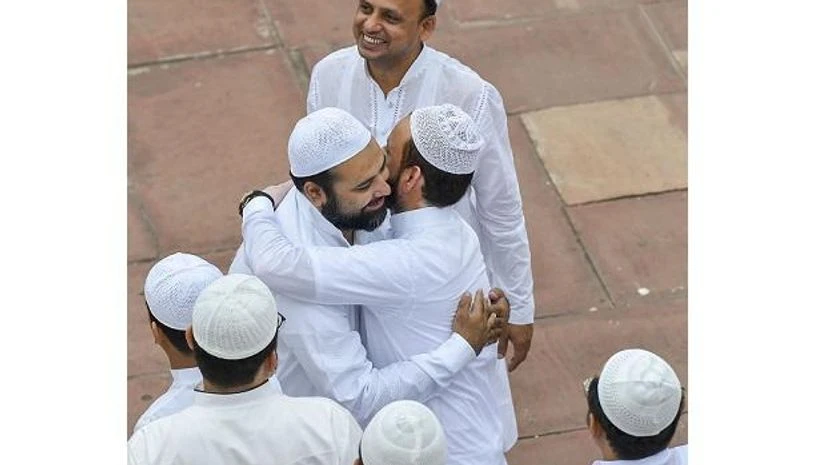Eid Milad-un-Nabi is an auspicious event for Muslims as it honours the birth anniversary of Prophet Muhammad (SAW), the last messenger of Allah. Also called Eid-e-Milad, Mawlid, Milad-un-Nabi, and Nabid, the birth of Prophet Muhammad (PBUH) falls in the period of Rabi ul Awal every year.
The specific date every year observing the start of Rabi al-awwal is chosen after the Moon's sighting. The Rabi ul Awal moon this year was located in India on 18 September. Hence, as per the Gregorian schedule, the first day of Rabi ul Awal was 19 September 2023 in India.
Other than India, a few different nations like Pakistan, Bangladesh, and Sri Lanka will likewise observe Eid Milad-un-Nabi on 28 September 2023. In any case, Saudi Arabia will mark Eid-e-Milad on 27 September 2023.
Eid Milad-Un-Nabi In India: Date
The date for Eid-e-Milad is decided by the location of the moon. According to the current year's location, the event will start on the night of September 27 till the night of September 28 this year. In India, Eid Milad-un-Nabi has been announced a public holiday on September 28.
What is the history behind Eid Milad-Un-Nabi?
According to Islamic literature, the Prophet Muhammad's birthday dates all the way back to the early Rashidun Caliphs and was started by the Fatimids. One group of Muslims accepts that the Prophet was born on the twelfth day of Rabi' al-awwal in 570 CE.
While "Mawlid" signifies "birth" in colloquial Arabic, some likewise think of it as a day of grieving as being the Prophet's death anniversary. Official celebrations of Eid-e-Milad started in Egypt and acquired popularity in the 11th century.
More From This Section
At first, just the ruling Shia tribe in Egypt celebrated this occasion, however, it steadily spread to Turkey, Syria, Morocco and Spain in the 12th century. Sunni Muslim orders also began celebrating it later on.
What is the importance of Eid Milad-Ul-Nabi?
Eid-e-Milad holds incredible importance for Sufi and Barelvi sects, yet it isn't all around acknowledged within the Muslim people.
Scholars from Salafi and Wahhabi ways of thinking consider it as an innovation (biddah) in religion, as there is no authentic proof of the Prophet Muhammad or his successors commemorating his birthday in any way. They argue that Islamic culture just allows the festival of Eid al-Fitr and Eid al-Adha.
How Muslims celebrate this festival?
The observance of Eid-e-Milad has evolved over time. In Egypt, early commemorations included reciting of Quranic verses, prayers, speeches and a public feast. With Sufi impact, the celebrations extended to incorporate animal sacrifices, gatherings, torchlight parades, and feasts. Today, Muslims mark Eid-e-Milad by wearing new garments, offering prayers, and trading greetings.
They assemble at mosques or dargahs, begin their day with morning prayers, hold parades through towns, and describe stories of the Prophet's life and lessons. Community feasts, gifts to the poor, and evening prayers to heaven are likewise essential for the festivals, as loved ones meet up to remember this unique day.
Happy Eid Milad-Un-Nabi: Wishes
• “May Allah fill all of our hearts with kindness, love and patience. Eid Mubarak.”
• “May Allah listen to your prayers, blessing your family with good health and happiness.”
• “A blessed Mawlid to you, may Allah ease your hardships and shower prosperity on you”.
• “On the beautiful day of Eid Milad un Nabi, I pray to Allah for peace in my country and success for my family and my friends".
• “Sending you my well wishes on the auspicious occasion of Eid Milad un Nabi."

)
